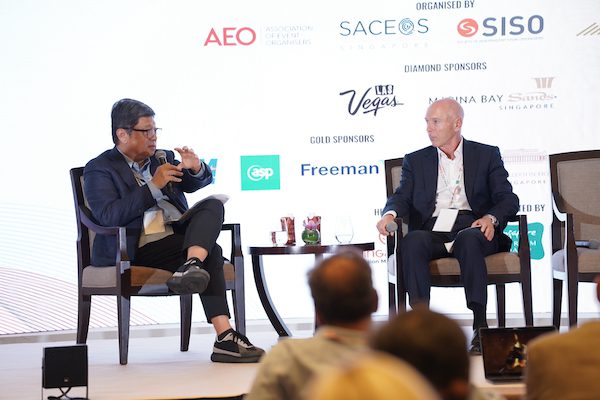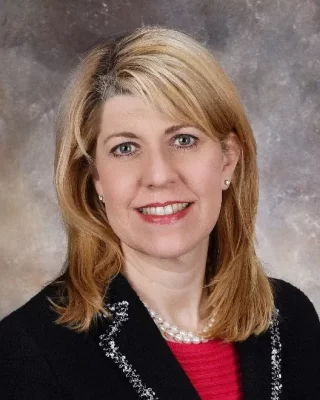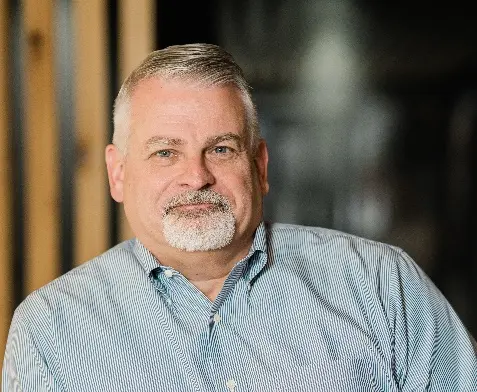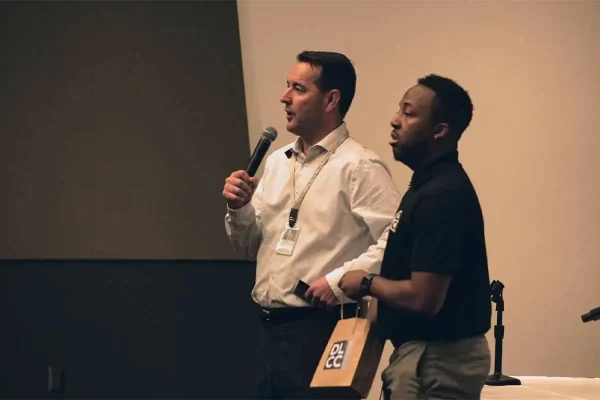Around 100 leaders of the world’s largest Business Events organizers convened at the Asia CEO Summit on 5-7 October at The Fullerton Hotel in Singapore, to reaffirm their commitment in the sustainable growth of the Business Events and Meetings, Incentives, Conferences and Exhibitions (MICE) sector in Asia.
Besides exchanging insights on their respective markets’ experience in the resumption of physical Business Events, it was an opportunity for global industry leaders to do business and build momentum for more business events in the region.
The inaugural Asia CEO Summit brought together the industry’s collective knowledge and thought leadership from around the world, addressing key challenges and opportunities facing the industry such as Talent, New Business Models, Innovation and Sustainability.
To activate the potential of Business Events in delivering post-pandemic recovery that can be immediately utilized by governments, regional industry leaders and government representatives also discussed and agreed on key areas of collaboration during the opening Joint Leadership Summit on 5 October.
Supported by the Singapore Tourism Board (STB) and co-organized by Association of Event Organizers (AEO), Singapore Association of Convention & Exhibition Organizers & Suppliers (SACEOS), Society for Independent Show Organizers (SISO) and UFI, The Global Association of the Exhibition Industry, the Asia CEO Summit will continue to serve as the definitive networking and learning event for the Business Events sector for the next two years in Singapore.
Carina Bauer, AEO Past Chair, said: “Business Events are the proven marketing and meeting places for people and ideas to come together, and are a springboard for industry to enable business and trade. The Business Events sector is a critical element of recovery as well as for transitioning renewal and innovation – accelerating progress. The Business Events industry want to work with governments to accelerate key sectors as they are of significant importance to the SME sector, especially for business continuity and growth post-pandemic.”
Richard Ireland, President, SACEOS, said: “During the pandemic, many Business Events organizers and venues had to pause activity or switch focus, causing the loss of talent in the industry. Many of our talented colleagues have left our industry as our sector was not valued for the role it played in context of trade, economic development, social and investment – causing a huge talent gap that if not addressed will slow down our ability to recover. Our sector has always been able to attract bright, motivated, and uniquely talented people, but we need to focus on attracting and retaining this talent to build our industry for the future to continue to be able to aid our market and geographical communities”
Cassandra Farrington, SISO Chair, said: “Much more trade and business get done at an exhibition than through other marketing channels all year. People traveling to one event, where their whole business community is, is a significantly more efficient and sustainable route for finding leads, closing deals, learning, being exposed to new ideas, having updates on state of their industries. We are able to run events sustainability – with strong focuses and initiatives around waste management, recycling, energy conservation, as well as local sourcing – throughout the entire exhibition supply chain.”
Monica Lee-Müller, President, UFI, said: “Business Events are controlled gatherings that are economic, scientific, and professional in nature. Organizers and venues have worked with governments all over the world to ensure the health and safety of events, there are well-established and tested health and safety protocols for exhibitions, proving it’s possible to run safe events. As an industry we are adept at using destination-specific strategies, working with governments all over the world, to activate the power of business events, and to host them safely. Business Events that gather international delegates rely on accessibility of respective markets. Accessibility is driven by cross regional alignments on issues related to travel, immigration, and health & safety protocols.”
































